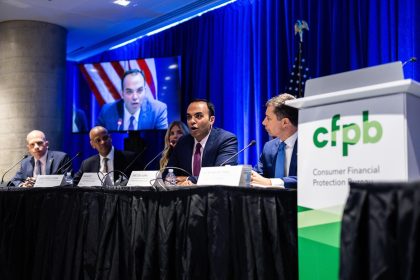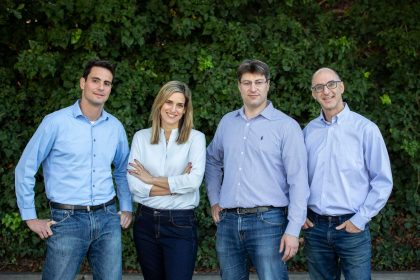The circular economy in Latin America is buzzing with developments that investors need to know about. I’ve written previously about some of the opportunities to invest for growth in Latin America that can drive returns that PE and VC investors are longing to see, while also building out a circular economy in the region. After all, technology and infrastructure gaps usually imply white space for investors.
Things are now heating up in the LATAM investment marketplace. Here are four reasons why 2024 is shaping up to be a pivotal year for building out the region’s waste ecosystem.
1.Asset Managers Have Lots of Dry Powder to Deploy—After sitting largely on the sidelines in 2023, large, brand-name private equity firms like GSAM and General Atlantic and smaller venture capital funds have lots of capital to deploy and are ready to put it to work. According to a recent LAVCA newsletter, some of the largest funds in the region say they are ready to make fresh investments in companies working on everything from climate technology to artificial intelligence (AI).
While total dollar investment in 2023 was in line with pre-pandemic levels, the total number of disclosed deals increased by 43% compared to 2020 – the year with the third most transactions on record, propelled by steady participation from seed-stage investors. What’s more, venture investment was up 40% in 2023 vs. 2022, and this trend should continue this year. According to Bloomberg, investors are looking at companies in biotechnology, health care, and financial services (such as payment providers and banking platforms).
2.An Improved Public Policy Environment Is Supporting Efforts to Curb Plastic Waste – Latin America has moved to the forefront of public policy efforts, as evidenced by Columbia’s plans to host the next biodiversity COP in November 2024, followed by Brazil’s hosting of the well-known climate COP (COP 30) in 2025. Chile and Colombia are leading the way in the region, having introduced Extended Producer Responsibility (EPR) laws. While these groundbreaking initiatives are just getting off the ground with full implementation still in the pipeline, their inception marks a significant step forward, marking a strong commitment to making manufacturers accountable for the lifecycle of their products.
Panama and Brazil have also made commitments to reduce plastic pollution, including eliminating the use of single-use plastic items in three years, reducing the import and consumption of plastic packaging by 30% in five years, and reducing the import of virgin plastic.
3.The Corporates are Moving In – Since corporates have a vested interest in finding solutions to the plastic waste crisis, they are often the first to come in and invest at scale. Drawing from our experiences across South and Southeast Asia, it’s encouraging to see a similar momentum gaining traction in Latin America. Recently, Delterra, in partnership with Amcor
AMCR
This announcement came the same week my firm launched a $65 million initiative to combat plastic pollution in the region, in partnership with IDB Labs, the innovation laboratory of the Inter-American Development Bank Group, Builders Vision, Chevron Phillips Chemical, Danone, Dow, Mondelēz International, and Unilever.
4.There are promising opportunities in the region – How do I know this? We’ve landscaped thirteen countries in LATAM and nine islands in the Caribbean, reviewing more than 300 companies in the circular plastics ecosystem. There are compelling market-based solutions that not only integrate activities of the entire value chain of waste plastics (including collection, sorting, and recycling) but also offer tremendous possibilities to scale volumes of prevented plastic pollution and contribute to improving working conditions and livelihoods of the people involved in this sector.
I’m excited by these developments and the prospect that we may have finally arrived at the moment where new investment dollars will flow to those enterprises that can help build the local, regional, and ultimately global recycling supply chains and unlock value in the region. LATAM is ready. Watch this space.
Read the full article here

















